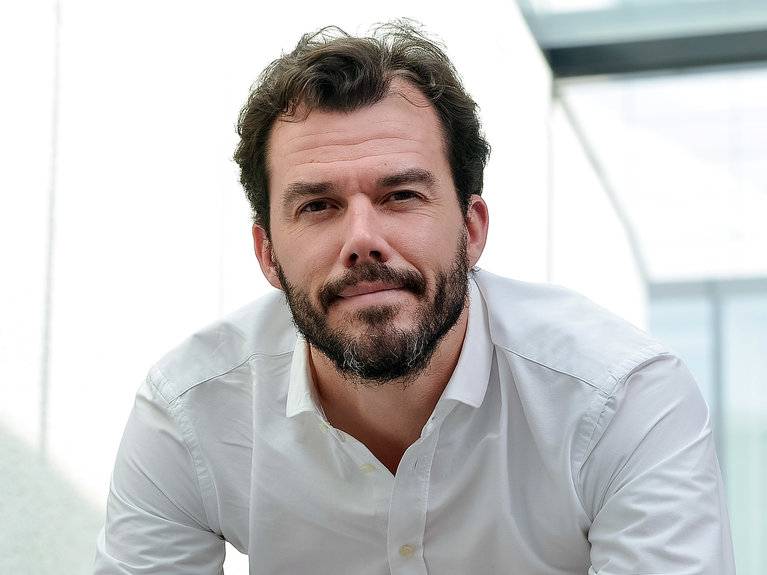
Max Planck Institute for the Study of Crime, Security and Law
The Max Planck Institute for the Study of Crime, Security and Law (formerly the Max Planck Institute for Foreign and International Criminal Law) consists of three research departments: Criminology, Public Law, and Criminal Law. In the Department of Criminology, research is conducted into which individual predispositions and environmental factors cause people to commit a crime. To this end, long-term scientific studies are combined with behavioral experiments in the virtual reality world. The Department of Public Law deals with the law of public security. It investigates how the legal system can respond to dangers in order to prevent criminal offences and other damage. The Department of Criminal Law conducts research into the fundamentals of criminal law, prohibition norm, and criminal penalties in the context of globalization, migration, and the social and cultural fragmentation of societies. The Institute's focus is on basic research, as well as on application research due to its interdisciplinary legal, social science and psychological research approach.
Contact
Günterstalstr. 7379100 Freiburg
Phone: +49 761 7081-0
Fax: +49 761 7081-294







